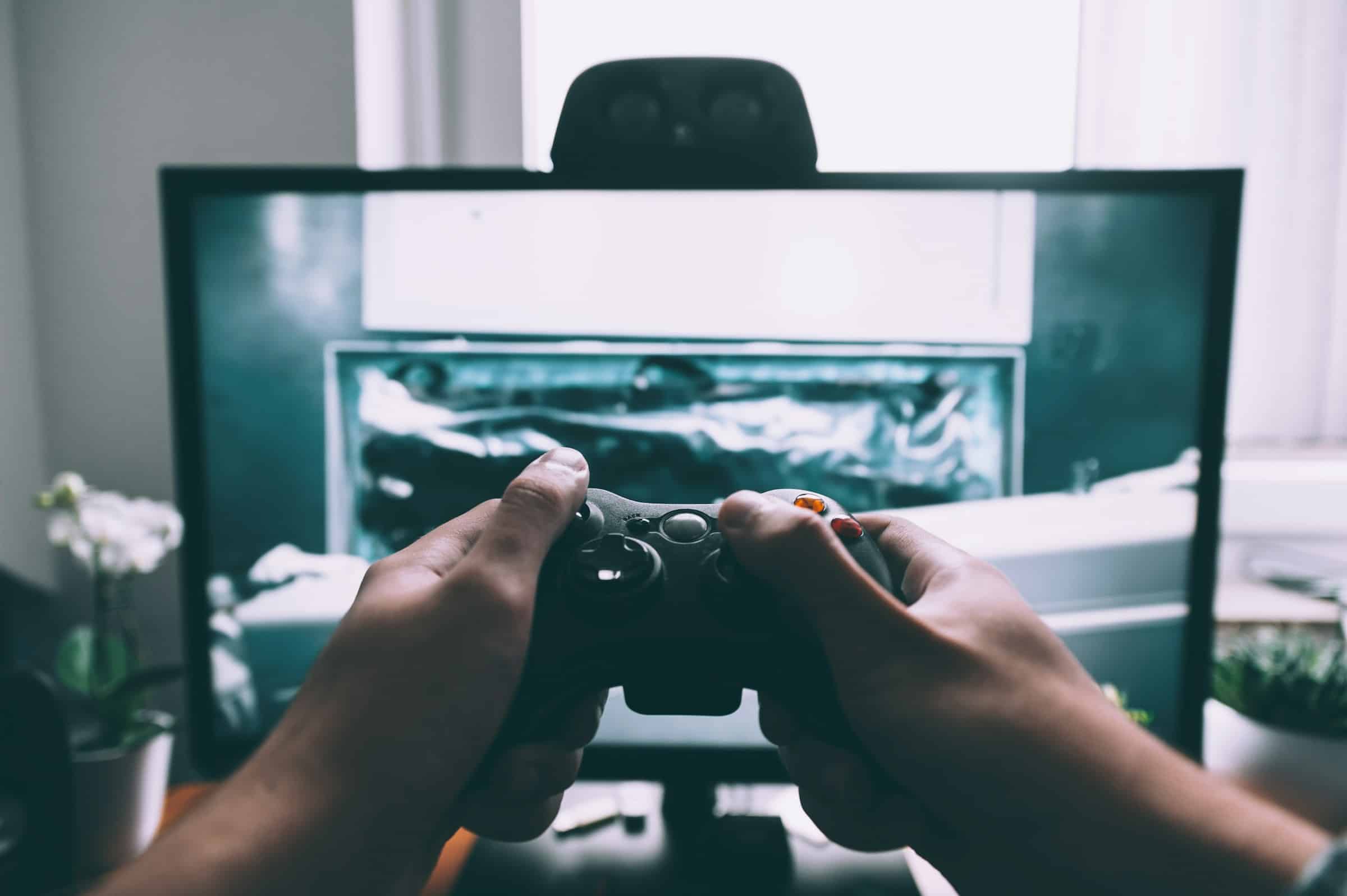How can machine learning be used to personalize game tutorials for individual player needs?

In today's digital era, gaming has become a popular pastime for many. As game developers continue to innovate, there is a growing need for personalized experiences that engage the player and cater to their individual gameplay style. One way to provide this personalized experience is through tutorials that are tailored to each player's needs. This is where machine learning comes into play. Machine learning, a branch of artificial intelligence, uses data and algorithms to learn from past experiences and make predictions or decisions. In the context of gaming, machine learning can be used to tailor game tutorials to individual player needs. But how exactly does this work? Let's delve deeper into the world of machine learning and gaming.
The Fundamentals of Machine Learning
First and foremost, it's crucial to understand the basics of machine learning. Machine learning is a method of data analysis that is based on the concept that systems can learn from data, identify patterns, and make decisions with minimal human intervention. This intelligent system harnesses algorithms and statistical models to perform specific tasks without explicit rule-based instructions, instead, it relies on patterns and inference derived from the data.
Sujet a lire : What techniques are essential for creating dynamic weather systems in flight simulators?
Machine learning involves training models using a large amount of data. These models can then be used to predict future outcomes based on the patterns they've learned from the data. These models range from simple linear regression models to complex deep learning models involving neural networks, which mimic the way the human brain works.
Machine Learning for Personalized Game Tutorials
With machine learning's ability to learn and adapt based on data, it's feasible to apply it to gaming, specifically in personalizing game tutorials. Traditionally, game tutorials have a one-size-fits-all approach. This means that every player, regardless of their skill level or gameplay style, receives the same tutorial. This approach often fails to engage players effectively, particularly those who are either more experienced or those who struggle with the standard instructions.
Dans le meme genre : How can developers optimize real-time reflections for better performance in mobile games?
Machine learning can be used to adapt tutorials based on a player's personal style and skill level. For instance, if a player is struggling with a particular section of the game, the tutorial can adjust to provide additional guidance. On the other hand, if a player is breezing through the game, the tutorial can adjust to be more challenging or skip unnecessary instructions.
This level of personalization can be achieved through a combination of player data and machine learning algorithms. Player data can include things like gameplay history, achievements, and in-game behavior. Machine learning algorithms can then analyze this data to understand each player's unique style and needs.
Deep Learning and Neural Networks in Gaming
While machine learning can significantly enhance the gaming experience, it's worth noting that deep learning models and neural networks can take it a step further. Deep learning is a subfield of machine learning that uses neural networks with many layers. These models are designed to automatically and adaptively learn complex representations of data based on the given input.
In the realm of personalized game tutorials, deep learning can be used to create even more dynamic and adaptive tutorials. For example, a neural network could be trained to recognize certain patterns in a player's behavior. If a player tends to be more cautious and strategic, the tutorial could adapt to provide more in-depth explanations and tips for strategic gameplay. Conversely, if a player is more aggressive and thrill-seeking, the tutorial could offer tips for high-risk, high-reward strategies.
The Power of Personalized Training in Gaming
Ultimately, the power of machine learning, deep learning, and neural networks lies in their ability to provide a more personalized and engaging gaming experience. Personalized game tutorials can better accommodate a player's individual needs and gameplay style, resulting in a more enjoyable and satisfying gaming experience.
Machine learning and neural networks are incredibly powerful tools in today's data-driven world, and their potential applications in gaming are vast. While this article has focused on personalized game tutorials, these technologies could also be used in other aspects of gaming, from AI opponents to dynamic difficulty adjustment. The possibilities are endless, and it's an exciting time to be part of the gaming industry.
Remember, the key to providing a personalized gaming experience lies in understanding the player, and machine learning provides a potent way to gain this understanding. Whether you're a game developer looking to enhance your player's experience or a gamer interested in the technology behind your favorite games, understanding machine learning and its potential applications in gaming is incredibly valuable. It's time to level up the gaming experience with machine learning.
Reinforcement Learning: Mastering the Game Tutorial
Reinforcement learning is a type of machine learning where an agent learns to make decisions by interacting with an environment. It's based on the concept of trial and error, where the agent takes actions, observes the results, and adjusts its behavior accordingly to maximize a reward signal. This approach to learning is highly effective in a gaming context.
In a reinforcement learning setting, a game tutorial can be treated as an environment where the player is the agent, and the actions are the decisions the player makes while playing. The rewards can be defined based on game metrics such as the player's score, completion time, or other in-game achievements. The game tutorial can then adapt based on the player's actions and the associated rewards.
For instance, if a player repeatedly fails a specific section of the tutorial, the reinforcement learning algorithm can identify this as a negative reward and adjust the tutorial to provide more guidance on that section. Conversely, if a player quickly completes a tutorial section, the algorithm can treat this as a positive reward and reduce the difficulty or guidance for that section in future instances.
As the player progresses through the game, the reinforcement learning algorithm continues to learn and optimize the tutorial based on the player's actions and rewards. This dynamic, adaptive approach to tutoring can provide a highly personalized learning lesson for each player, enhancing the overall gaming experience.
Natural Language Processing: The Future of Game Tutorials
Machine learning techniques like reinforcement learning and deep learning are undeniably powerful tools for personalizing game tutorials. However, another promising application of machine learning in gaming is natural language processing (NLP). NLP is a subfield of artificial intelligence that focuses on the interaction between computers and human language. It enables machines to understand, interpret, and generate human language, which can create a more interactive and engaging gaming experience.
In the context of game tutorials, NLP can be used to create a more interactive, conversational tutorial experience. For instance, instead of simply displaying text instructions, the tutorial could engage the player in a dialogue, using natural language to provide guidance, answer questions, and offer tips. This would make the tutorial more engaging and immersive, thereby enhancing the player's learning experience.
Moreover, with NLP, game tutorials could potentially adapt to the player's language proficiency level. For instance, if a player is not a native English speaker, the tutorial could adjust its language complexity or provide translations to cater to the player's language proficiency. This level of language personalization could make game tutorials more accessible and inclusive for a broader range of players.
The future of game tutorials lies in personalizing the learning experience to each player's individual needs and gameplay style, and machine learning offers a powerful tool to achieve this goal. Through techniques like supervised learning, reinforcement learning, deep learning, and natural language processing, game tutorials can adapt and optimize based on a player's actions, rewards, and language proficiency, providing a highly engaging and immersive gaming experience.
The potential of machine learning in gaming extends far beyond game tutorials. From creating smarter AI opponents to dynamically adjusting game difficulty, machine learning techniques are set to revolutionize the gaming industry. Whether you are a game developer, a graduate or post-graduate in machine learning, or a gamer interested in the technology behind your favorite games, understanding machine learning's potential applications in gaming is both exciting and valuable.
Machine learning, with its ability to understand, learn, and adapt, is indeed a game-changer, ready to level up the world of gaming. The future is here, and it's personalized, adaptive, and engaging. It's time to embrace the power of machine learning and engineer masterful gaming experiences like never before.
